Department Profile
Department Establishment:
The Department of Commerce Computer Applications (SF) embarked its journey in the year 1999 and General (SF) launched in the year 2001. It offers under graduate degree programme aligned with our faculty’s interdisciplinary knowledge and expertise. The department has steadily grown. The department has produced innumerable talented students throughout the years. The department regularly organizes workshops and seminar for the students to update their knowledge regarding the latest developments in the field of commerce, management, banking and finance and outreach programme for the benefit of school- commerce students.
Vision:
To inculcate entrepreneurial culture in the minds of younger generation.
Mission:
- To equip the students with knowledge and skills for their chosen vocation
- To inculcate values and provide opportunities for an all-round growth.
- To nurture and exhibit leadership skills.
| Name of the Programme | B.Com (General) |
| Duration | 3 years |
| Intake | 60 |
| Eligibility | Candidates +2 pass with Commerce and Accountancy as major subjects and two of the following as allied subject: Mathematics / Business Mathematics / Statistics/ Economics / Business Economics / Principles of Economics / History/Advanced Tamil. |
| Name of the Programme | B.Com (CA) |
| Duration | 3 Years |
| Intake | 40 + 40 |
| Eligibility | Candidates +2 pass with Commerce and Accountancy as major subjects and two of the following as allied subject: Mathematics / Business Mathematics / Statistics/ Economics / Business Economics / Computer Science / Principles of Economics / History/Advanced Tamil. |
PLOs -PSOs- PEOs
Department of Commerce(Computer Applications)SF
Syllabus 2023
Programme Learning Outcomes (PLO):
Programme Learning Outcomes are narrower statements that describe what students are expected to know and be able to do upon the graduation. These relate to the skills, knowledge and behaviour that students acquire in their study through the programmes.
PLO1: Disciplinary knowledge
Apply the knowledge of Arts, Science and Humanities to address fundamental and complex questions appropriate to their programmes.
PLO2: Critical thinking, Problem solving and Analytical reasoning
Make use of appropriate knowledge and skills to identify, formulate, analyze and solve problems in order to reach substantiated conclusions.
PLO3: Research related skills and scientific reasoning
Critically analyze research processes, products and practices with a view of strategic use of data in their field.
PLO4: Communication skills and Digital literacy
Demonstrate skills in oral and written communication and make use of ICT in various learning ambience.
PLO5: Team work and Leadership quality
Interact productively with people from diverse backgrounds as both leaders/mentors and team members with integrity and professionalism.
PLO6: Multicultural competence with Moral and ethical awareness
Defend the society against gender and environmental issues with moral and ethical awareness.
PLO7: Self-directed and Life-long learning
Formulate their own educational needs in a changing world in ways sufficient to maintain their competence and to allow them to contribute to the advancement of knowledge.
Programme Specific Outcomes (PSO):
Programme Specific Outcomes denote what the students should be able to do in their discipline at the time of graduation. They are programme specific. The PSOs should be mapped to all the specified PEOs.
By the completion of the B.Com., [COMPUTER APPLICATIONS] programme, the learners will be able to
PSO1: Gain Conceptual Foundation in the areas of accountancy, finance, marketing, banking, management and research and Tech Skills in organizing businesses
PSO2: Integrate wide spectrum of managerial skills and practical exposure to fulfil the requirements of business and IT industries and propose strategic decisions for businesses.
PSO3: Seek variety of career options in IT fields, Software, Banks and various business organisations being professionally and ethically responsible.
Programme Educational Objectives (PEOs):
PEOs are broad statements that describe the career and professional achievements that the programme is preparing the graduates to achieve within the first few years after graduation. PEOs should be consistent with the mission of the Institution. PEO’s can be measured by a PLO/ PSO - PEO matrix. The PEO’s should evolve through constant feedback from alumnae, students, industry, management etc. It is mandatory that each PEO should be mapped to at least one of the PLOs.
The Graduates will be prepared to
PEO1: Take up higher studies and placement with professional standards
PEO2: Pursue research / Innovate for real time solutions with ethics
PEO3: Build Capacity for Entrepreneurship and self-employment
M.Com(Computer Applications)
Programme Learning Outcomes (PLO):
Programme Learning Outcomes are narrower statements that describe what students are expected to know and be able to do upon the graduation. These relate to the skills, knowledge and behaviour that students acquire in their study through the programmes.
PLO1: Disciplinary knowledge
Apply the knowledge of Arts, Science and Humanities to address fundamental and complex questions appropriate to their programmes.
PLO2: Critical thinking, Problem solving and Analytical reasoning
Make use of appropriate knowledge and skills to identify, formulate, analyze and solve problems in order to reach substantiated conclusions.
PLO3: Research related skills and scientific reasoning
Critically analyze research processes, products and practices with a view of strategic use of data in their field.
PLO4: Communication skills and Digital literacy
Demonstrate skills in oral and written communication and make use of ICT in various learning ambience.
PLO5: Team work and Leadership quality
Interact productively with people from diverse backgrounds as both leaders/mentors and team members with integrity and professionalism.
PLO6: Multicultural competence with Moral and ethical awareness
Defend the society against gender and environmental issues with moral and ethical awareness.
PLO7: Self-directed and Life-long learning
Formulate their own educational needs in a changing world in ways sufficient to maintain their competence and to allow them to contribute to the advancement of knowledge.
Programme Specific Outcomes (PSO):
Programme Specific Outcomes denote what the students should be able to do in their discipline at the time of graduation. They are programme specific. The PSOs should be mapped to all the specified PEOs.
By the completion of the M.Com. Computer Applications programme, the learners will be able to
PSO1 : exhibit entrepreneurial ability by enhancing critical thinking, problem solving, decision making and leadership skills that will facilitate startups and high potential organisations.
PSO 2: facilitate production of employable, ethical and innovative professionals to sustain in the dynamic business world.
PSO 3: acquire research knowledge and applied skills in the field of commerce with computer applications.
Programme Educational Objectives (PEOs):
PEOs are broad statements that describe the career and professional achievements that the programme is preparing the graduates to achieve within the first few years after graduation. PEOs should be consistent with the mission of the Institution. PEO’s can be measured by a PLO/ PSO - PEO matrix. The PEO’s should evolve through constant feedback from alumnae, students, industry, management etc. It is mandatory that each PEO should be mapped to atleast one of the PLOs.
The Graduates will be prepared to
PEO1: become competent to pursue careers in the fast-growing Commerce and IT sectors through contemporary and up to date knowledge with professional ethics.
PEO2: establish themselves as effective and ethical professionals by solving real time problems through the use of Commerce and Computer knowledge.
PEO3: explore self-employment opportunities by applying professional and entrepreneurial skills.
Syllabus 2020
Programme Outcomes (PO):
Programme Outcomes are narrower statements that describe what students are expected to know and be able to do upon the graduation. These relate to the skills, knowledge and behaviour that students acquire in their study through the programmes.
PO1: Disciplinary knowledge
Apply the knowledge of Arts, Science and Humanities to address fundamental and complex questions appropriate to their programmes.
PO2: Critical thinking, Problem solving and Analytical reasoning
Make use of appropriate knowledge and skills to identify, formulate, analyze and solve problems in order to reach substantiated conclusions.
PO3: Research related skills and scientific reasoning
Critically analyze research processes, products and practices with a view of strategic use of data in their field.
PO4: Communication skills and Digital literacy
Demonstrate skills in oral and written communication and make use of ICT in various learning ambience.
PO5: Team work and Leadership quality
Interact productively with people from diverse backgrounds as both leaders/mentors and team members with integrity and professionalism.
PO6: Multicultural competence with Moral and ethical awareness
Defend the society against gender and environmental issues with moral and ethical awareness.
PO7: Self-directed and Life-long learning
Formulate their own educational needs in a changing world in ways sufficient to maintain their competence and to allow them to contribute to the advancement of knowledge.
Programme Specific Outcomes (PSO):
Programme Specific Outcomes denote what the students should be able to do at the time of graduation. They are programme specific. It is mandatory that each PO should be mapped to the respective PSO specified in the programme in order.
By the completion of the B.Com.Programme, the learners will be able to
PSO1: apply knowledge on recent trends in Commerce, Management, Finance and Banking to attain competency to face global challenges in commerce and business.
PSO2: integrate knowledge, skill, reasoning ability and attitude to solve problems in day-to-day business affairs and to reach out appropriate conclusions.
PSO3: excel in their careers as management executives, HR consultants and financial advisors by applying financial, managerial and accounting skills.
PSO4: communicate effectively, draw decisions and solve problems in day to day business issues in par with corporate requirements.
PSO5: demonstrate team spirit and leadership qualities and overcome challenges throughout their professional career in multidisciplinary settings.
PSO6: transform into ethically and socially responsible professionals through quality and need based commerce education.
PSO7: involve in continuous learning process for attaining social and economic goals of self, family and society.
Programme Educational Objectives (PEOs):
PEOs are broad statements that describe the career and professional achievements that the programme is preparing the graduates to achieve within the first few years after graduation. PEOs should be consistent with the mission of the Institution. PEO’s can be measured by a PO-PEO matrix. The PEO’s should evolve through constant feedback from alumnae, students, industry, management etc. It is mandatory that each PEO should be mapped to at least one of the POs.
The Graduates will
PEO1: undertake post-graduation in commerce, finance, management and social works, cope up with the latest developments in commerce streams at national and global level and take up job opportunities as administrators, accountants and cashier.
PEO2: be competent in quantitative reasoning and critical thinking to appear for competitive examinations and job interviews and pursue research in commerce with sense of civic responsibility, moral accountability and professional ethics.
PEO3: possess entrepreneurial and managerial skills to become a women entrepreneur of micro to large scale industries.
Faculty Details
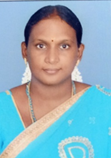
Dr.V.Meenakshi
M.Com., M.Phil., SET.,
Assistant Professor & Head
E-Mail meenakshi-com@sfrcollege.edu.in Area of Specialization Finance
Dr. V. Vishnu Priya
M.Com., M.Phil., PGDCA., Ph.D.,
Assistant Professor & Head
E-Mail vishnupriya-com@sfrcollege.edu.in Area of Specialization Management Accounting, Statistics and Marketing
Mrs.S.ThazhaiPushpam
M.Com., M.Phil., PGDPM., SET.,
Assistant Professor
E-Mail thazhaipushpam-com@sfrcollege.edu.in Area of Specialization Banking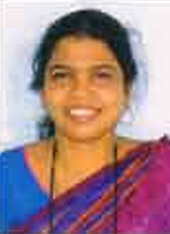
Dr. M. Jegadeeswari
M.Com., B.Ed., M.B.A., M.Phil., Ph.D.,
Assistant Professor
E-Mail jegadeeswari-com@sfrcollege.edu.in Area of Specialization Marketing, HR and Entrepreneurship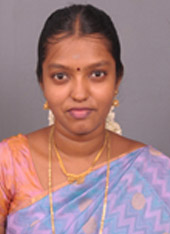
Dr. (Mrs.) R. Jeyalakshmi
M.Com. (C.A.), M.Phil., Ph.D., SET, NET, D.T.P., D.G.T.,
Assistant Professor
E-Mail jeyalakshmi-com@sfrcollege.edu.in Area of Specialization Financial Accounting, Advanced Accountancy, Banking, Multimedia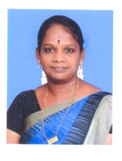
Dr.A.Josephine Stella
M.Com.,M.Phil.,M.Ed.,Ph.D.,PGDCA.,
Assistant Professor
E-Mail josephinestella-com@sfrcollege.edu.in Area of Specialization Marketing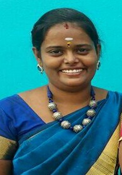
Dr.R.Maheswari
M.Com(CA)., M.Phil.,D.I.T.,SET.,Ph.D.
Assistant Professor
E-Mail maheswari-com@sfrcollege.edu.in Area of Specialization Finance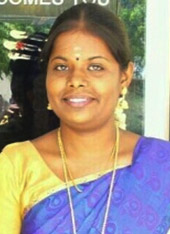
Mrs. R.Suriya Devi
M.Com., M.Phil., PGDPM., PGDCA., SET.,
Assistant Professor
E-Mail suriyadevi-com@sfrcollege.edu.in Area of Specialization Income Tax, Banking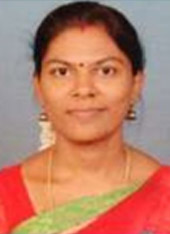
Dr. A. Vijaya Shree
M.Com (C.A).,M.B.A.,M.Phil.,Ph.D.,SET
Assistant Professor
E-Mail vijayashree-com@sfrcollege.edu.in Area of Specialization Human Resource Management, Marketing.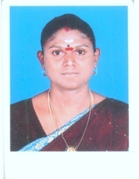
Dr.S.Kartheeswari
M.Com., M.Phil., PGDFM, PGDCA, Ph.D.
Assistant Professor
E-Mail kartheeswari-com@sfrcollege.edu.in Area of Specialization Marketing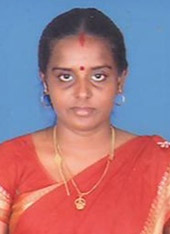
Dr.S.Rengeswari
M.Com., M.Phil.,B.Ed., PGDCA.,Ph.D
Assistant Professor
E-Mail rengeswari-com@sfrcollege.edu.in Area of Specialization Marketing, Banking and Business Environment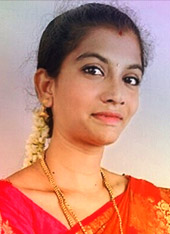
Mrs.S.Subalakshmi
M.Com.,M.Phil.,SET.,PGDPM.,
Assistant Professor
E-Mail subalakshmi-com@sfrcollege.edu.in Area of Specialization Marketing, Human Resource Management, Cost Accounting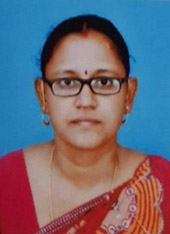
Mrs.M.Rajeswari
M.Com., M.Phil., SET., PGDFM., PGDCA.,
Assistant Professor
E-Mail rajeswari-com@sfrcollege.edu.in Area of Specialization Financial Accounting, Business Statistics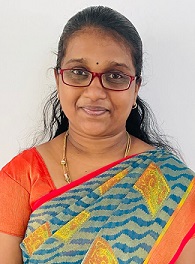
Mrs.R.Padmaja
M.Com.,MPhil.,SET.,
Assistant Professor
E-Mail padmaja-com@sfrcollege.edu.in Area of Specialization Human Resource Management and BankingRemarkable Activities
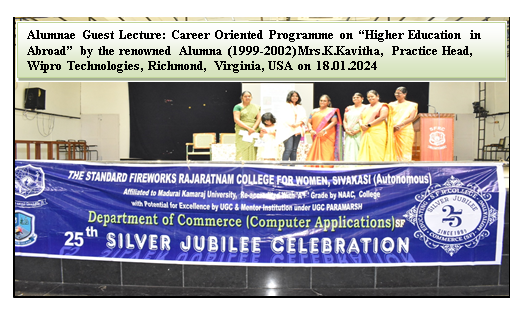
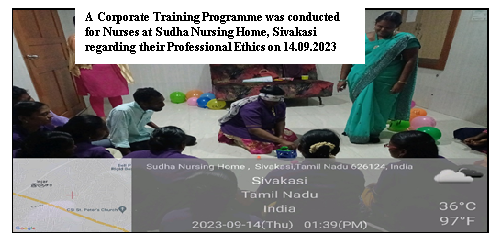
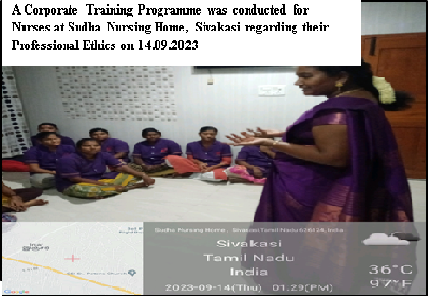
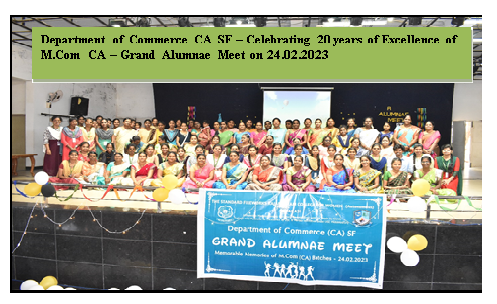
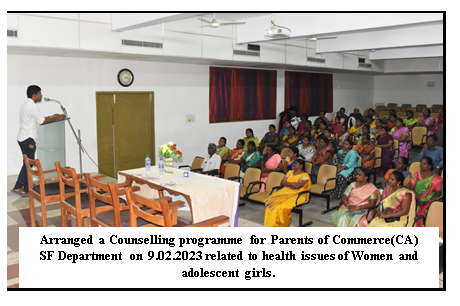
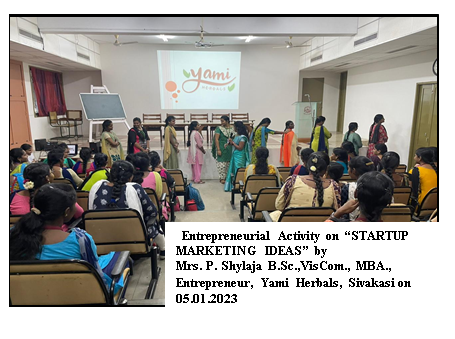
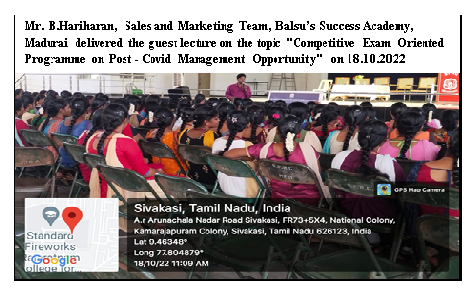
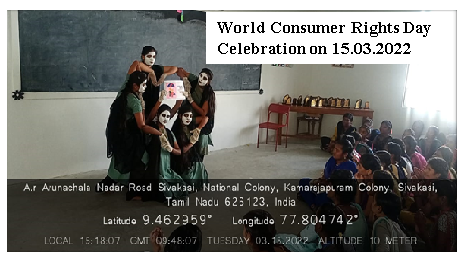
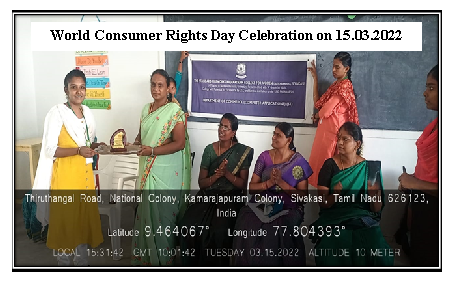
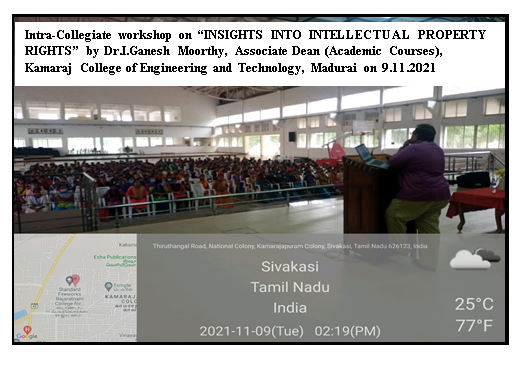
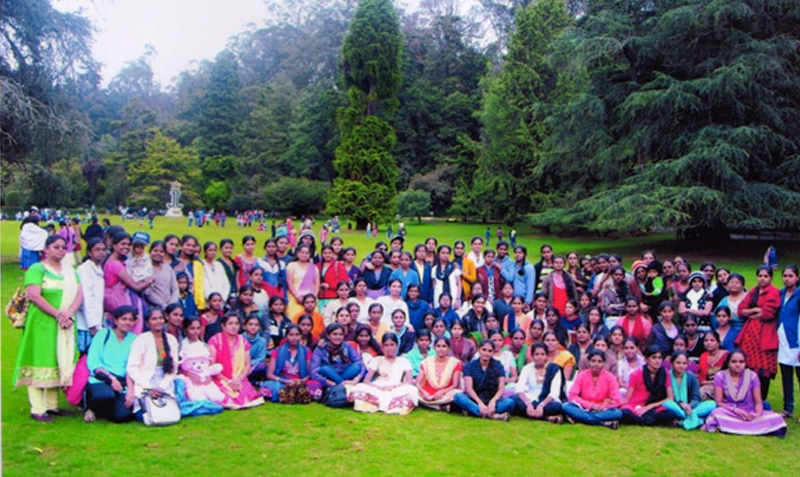
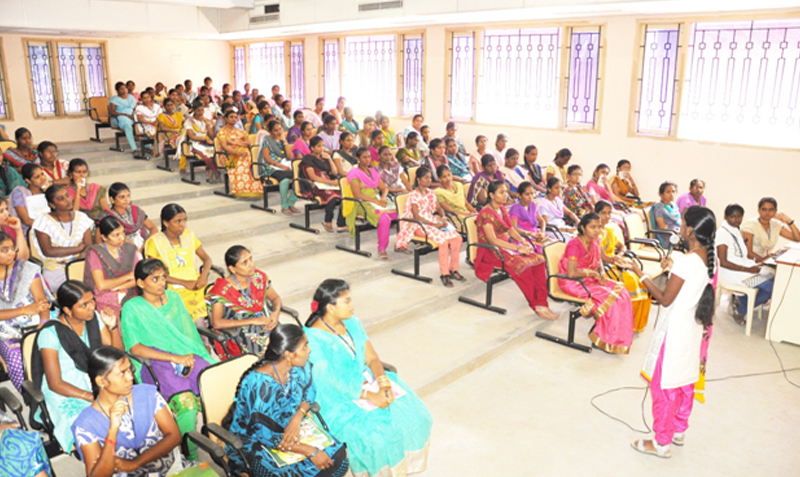
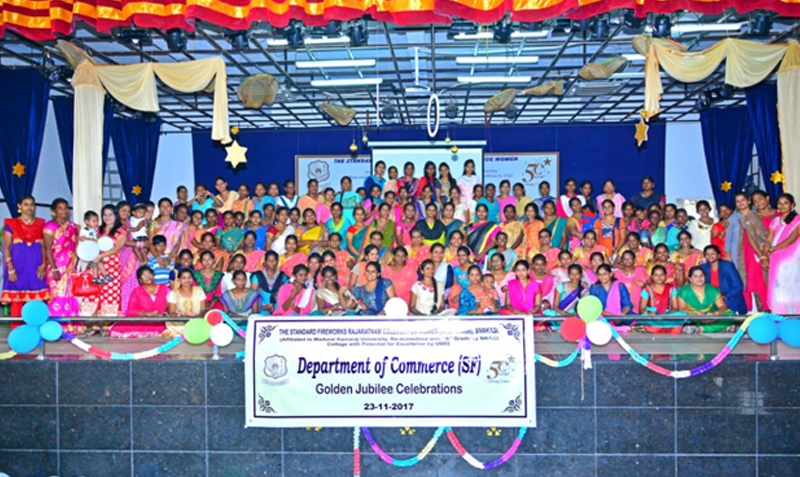
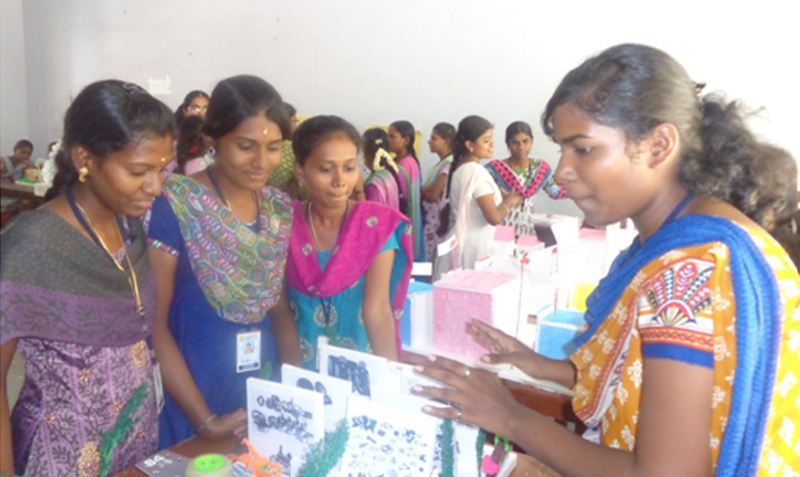
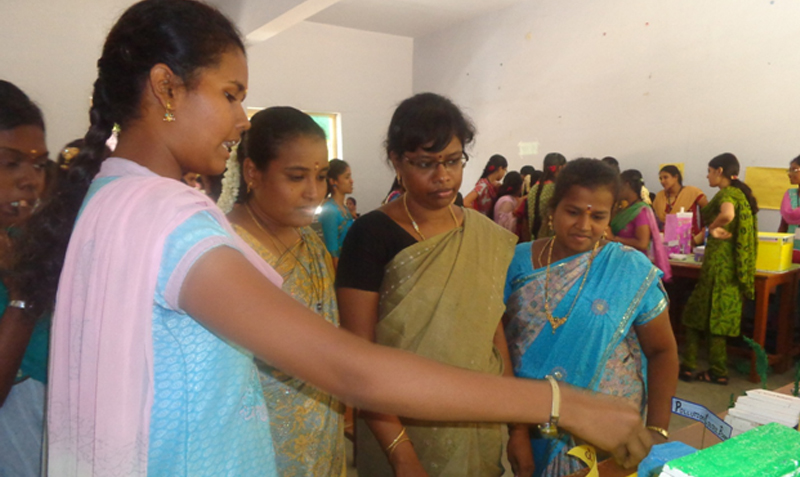
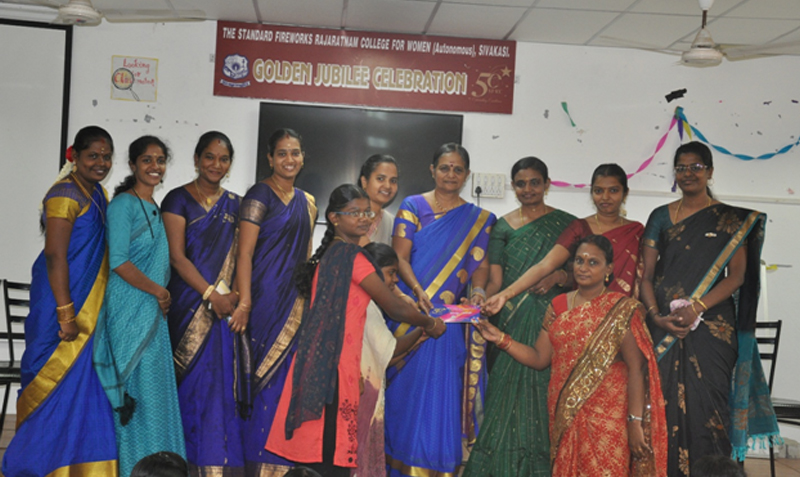
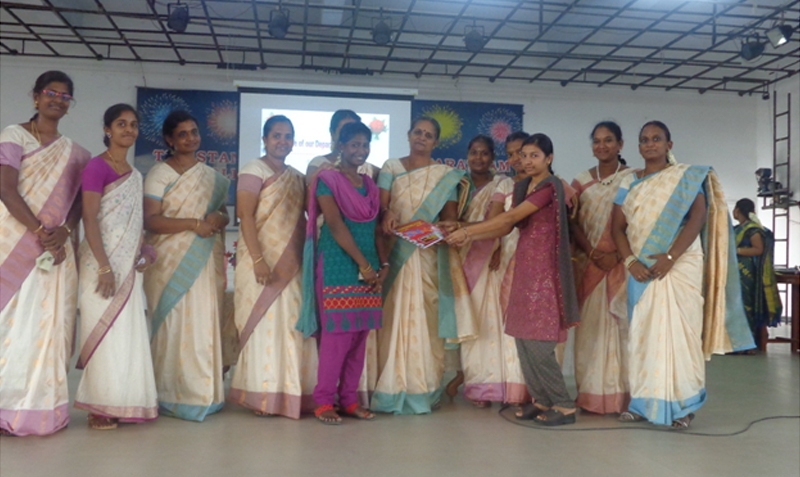
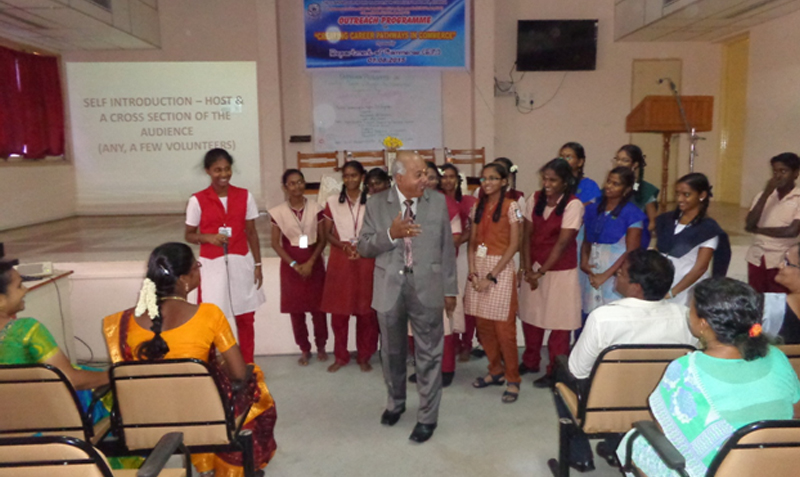
Staff Achievements
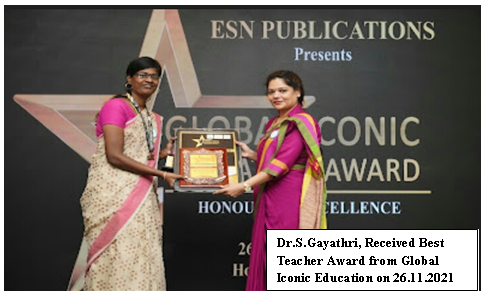
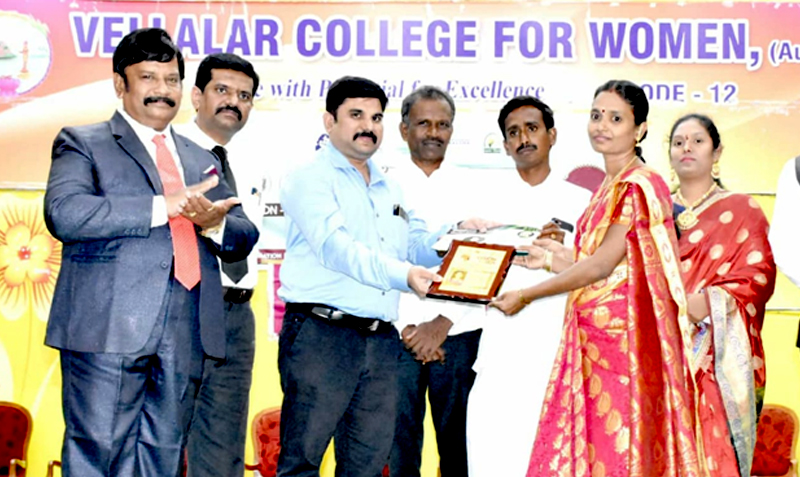
Dr.APJ.Abudulkalam Vision 2020 - Women Achiever Award
Student Achievements
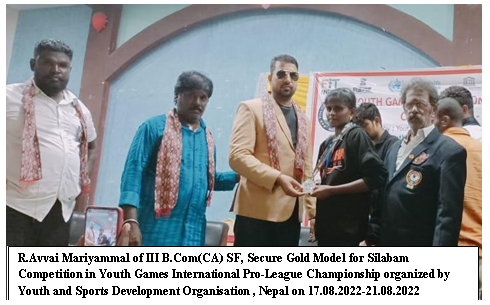
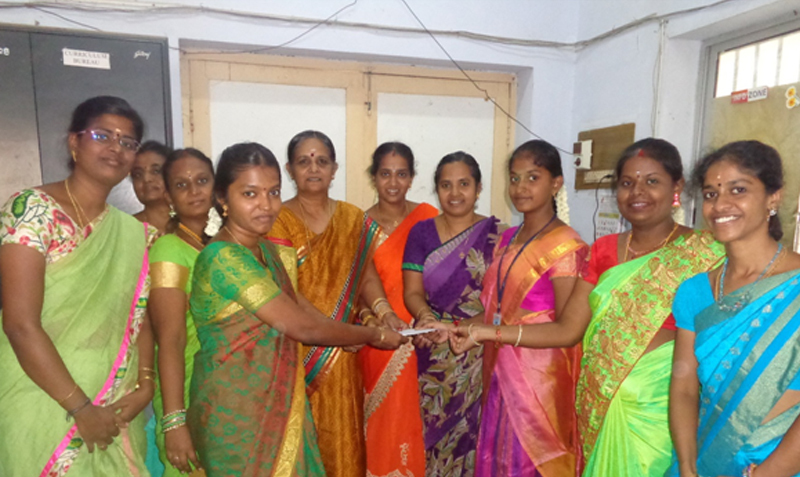
Honouring Rank Holder
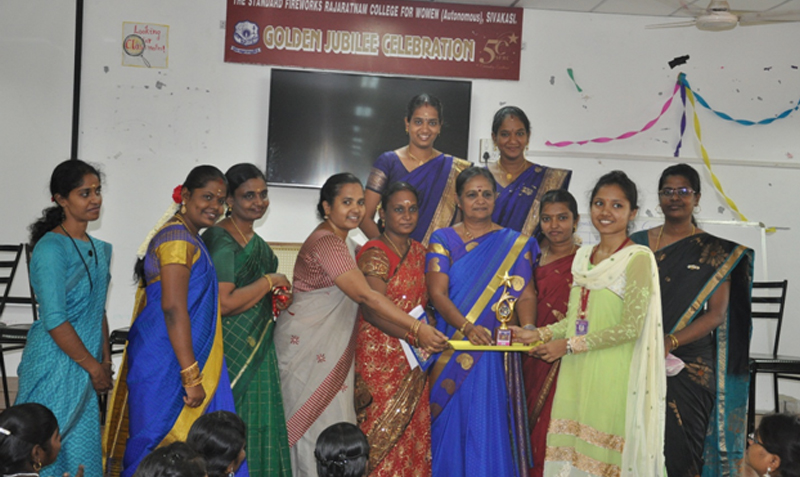
Honouring Rank Holder
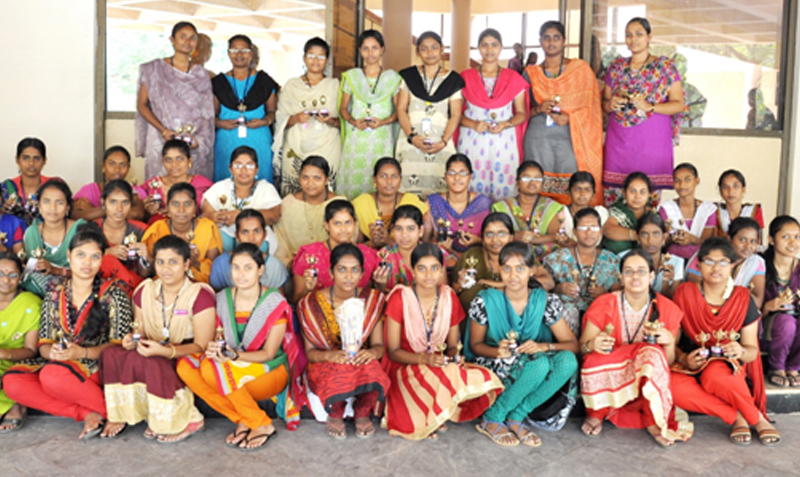
Academic Achievers
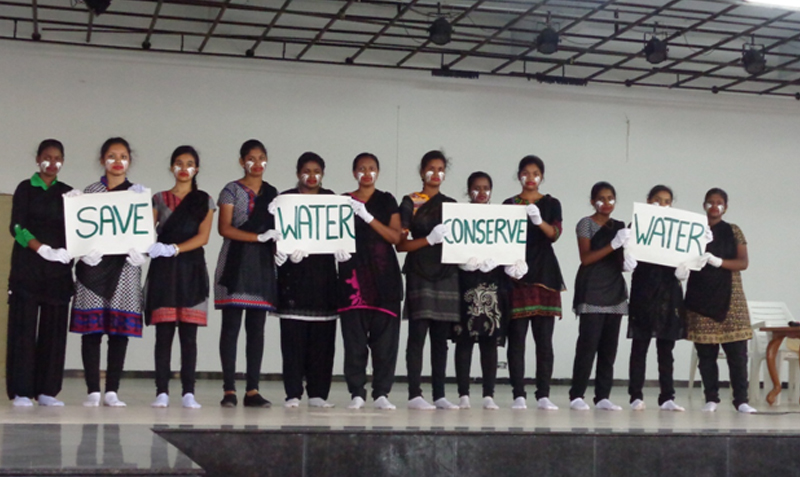
Competition on Environmental Awareness
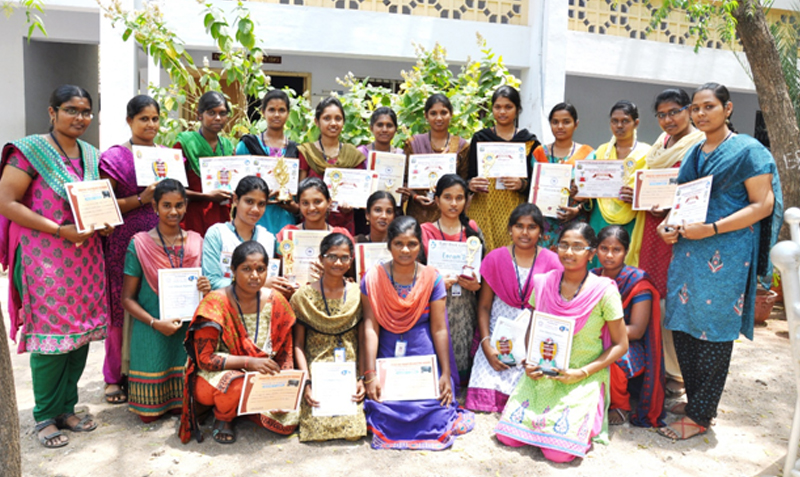
Prize Winners of Inter-Collegiate Competition
Contact Us
Thiruthangal Road , Sivakasi - 626123 , Tamil Nadu , India
Telephone Number
+91 4562-220389 FAX Number
+91 4562-226695 Email ID
sfrc@sfrcollege.edu.in
